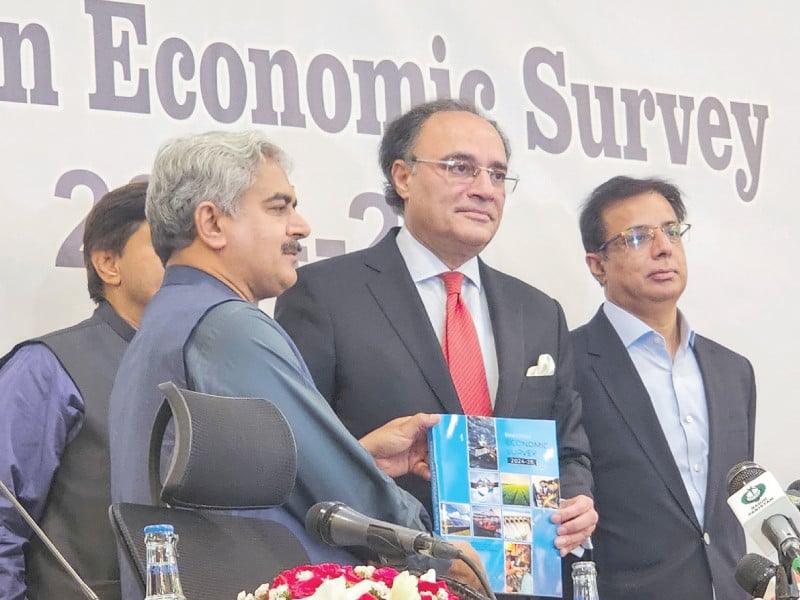Islamabad:
Although health expenses in Pakistan represent less than one percent of national GDP, the country has witnessed remarkable progress in the health sector, including a two-year increase in the average life expectancy, according to the 2024-25 economic survey published on Monday.
The survey reveals that the average life expectancy in Pakistan has increased from 65 years and six months to 67 years and six months, indicating improvements in basic health indicators despite limited public investment.
During the current fiscal year, Pakistan allocated a total of RS925 billion to the health sector. However, the medical-patient relationship remains alarmingly low, with only one doctor available for every 750,000 people.
According to the report, the number of doctors registered in the country has crossed 319,000, which reflects an increase of more than 20,000 in the last year.
The number of registered dentists has reached 39,088, while the country now has 138,000 nurses and 46,801 midwives. The number of health workers has reached 29,000.
There are currently 1,696 hospitals and 5,434 basic health units (BUH) that operate throughout the country.
However, health challenges persist since the infant mortality rate remains a concern, with 50 out of every 1,000 babies who die annually.
In addition, the life expectancy of Pakistan, although it improved, is still behind the regional average of southern Asia, which is 71 years and six months, according to the economic survey.




